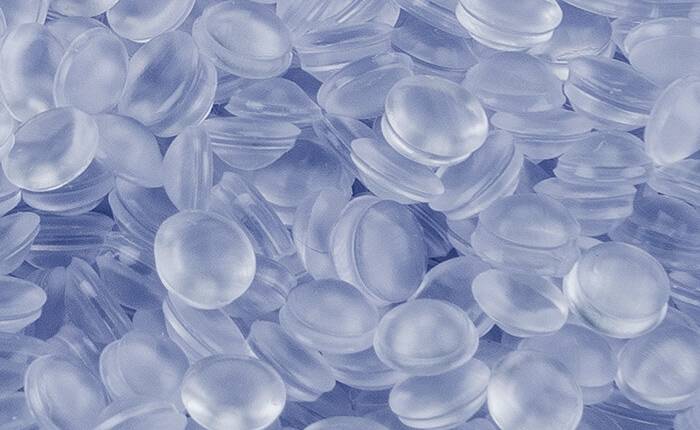Aug . 13, 2024 08:14 Back to list
Durable and Cost-Effective Solutions for PVC Drain Pipes in Residential and Commercial Applications
Understanding PVC Drain Pipes Applications and Advantages
Polyvinyl chloride (PVC) drain pipes have become a cornerstone in plumbing and drainage systems due to their numerous advantages and versatility. As one of the most widely used materials in modern construction, PVC offers both practical benefits and cost-efficiency, making it the preferred choice for many residential and commercial applications.
Composition and Characteristics
PVC is a synthetic plastic polymer that possesses a unique combination of properties. It is durable, lightweight, and resistant to corrosion and chemicals, which makes it highly suitable for water and drainage systems. Unlike traditional materials such as metal or clay, PVC drain pipes do not rust or degrade over time, ensuring a longer lifespan and reduced maintenance costs. Additionally, PVC's smooth interior surface allows for better flow rates and reduces the likelihood of blockages, a common issue with other materials.
Applications of PVC Drain Pipes
PVC drain pipes are employed in various applications, both underground and above ground. In residential settings, they are commonly used for sewer lines, stormwater drainage, and venting systems. The ease of installation allows homeowners and contractors to set up effective drainage solutions without the need for specialized tools or labor.
Commercially, PVC pipes are equally important. They are utilized in industrial wastewater systems, rainwater harvesting, and irrigation systems. Their lightweight nature significantly reduces transportation and labor costs, while their resistance to harsh chemicals makes them ideal for processing plants and manufacturing facilities.
pvc drain pipe

Environmental Considerations
One of the key benefits of PVC pipes is their environmental impact compared to traditional materials. PVC is highly recyclable, which helps reduce waste and conserve resources. When properly disposed of, old PVC pipes can be repurposed into new products, minimizing the overall carbon footprint of construction projects. Furthermore, the efficiency of PVC in terms of water flow and leak prevention contributes positively to water conservation efforts.
Installation and Maintenance
Installing PVC drain pipes is relatively straightforward, which is another reason they are favored in construction projects. The joints can be easily sealed with solvents or adhesives, creating a watertight system that minimizes leaks. This ease of installation also translates to significant time and cost savings during the construction process.
Once installed, PVC pipes require minimal maintenance. Periodic inspections are generally sufficient to monitor their condition. In contrast to metal pipes, which may need regular inspections for rust or corrosion, PVC pipes can often last for decades without significant deterioration, reducing long-term maintenance expenses.
Conclusion
In conclusion, PVC drain pipes represent an innovative solution for modern drainage systems, offering numerous advantages over traditional materials. Their durability, lightweight nature, resistance to corrosion, and ease of installation make them a top choice for both residential and commercial applications. Moreover, their recyclability and lower environmental impact highlight their role in sustainable building practices. Whether used in new construction or renovation projects, PVC drain pipes continue to revolutionize how we manage and utilize drainage systems effectively.
-
Premium CPVC Sheet: High-Temp & Chemical Resistant Solutions
NewsAug.15,2025
-
Durable PPR Pipe for Hot & Cold Water Systems - Easy Install
NewsAug.14,2025
-
Durable HDPE Sheet | Versatile & Impact-Resistant Plastic
NewsAug.13,2025
-
Premium PVC Soft Sheets: Clear, Flexible & Durable
NewsAug.12,2025
-
Premium PVC Round Rods: Durable, Chemical Resistant, Easy to Machine
NewsAug.11,2025
-
PP U-channel: Chemical-Resistant, Lightweight & Durable
NewsAug.10,2025

